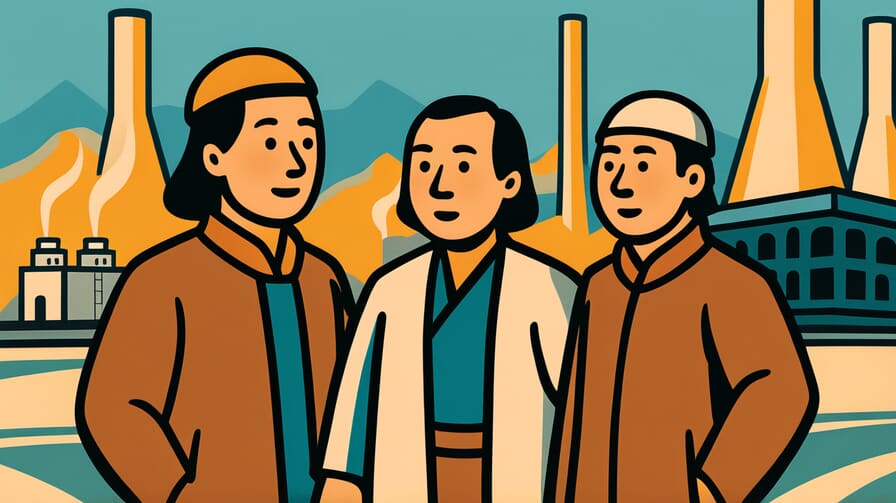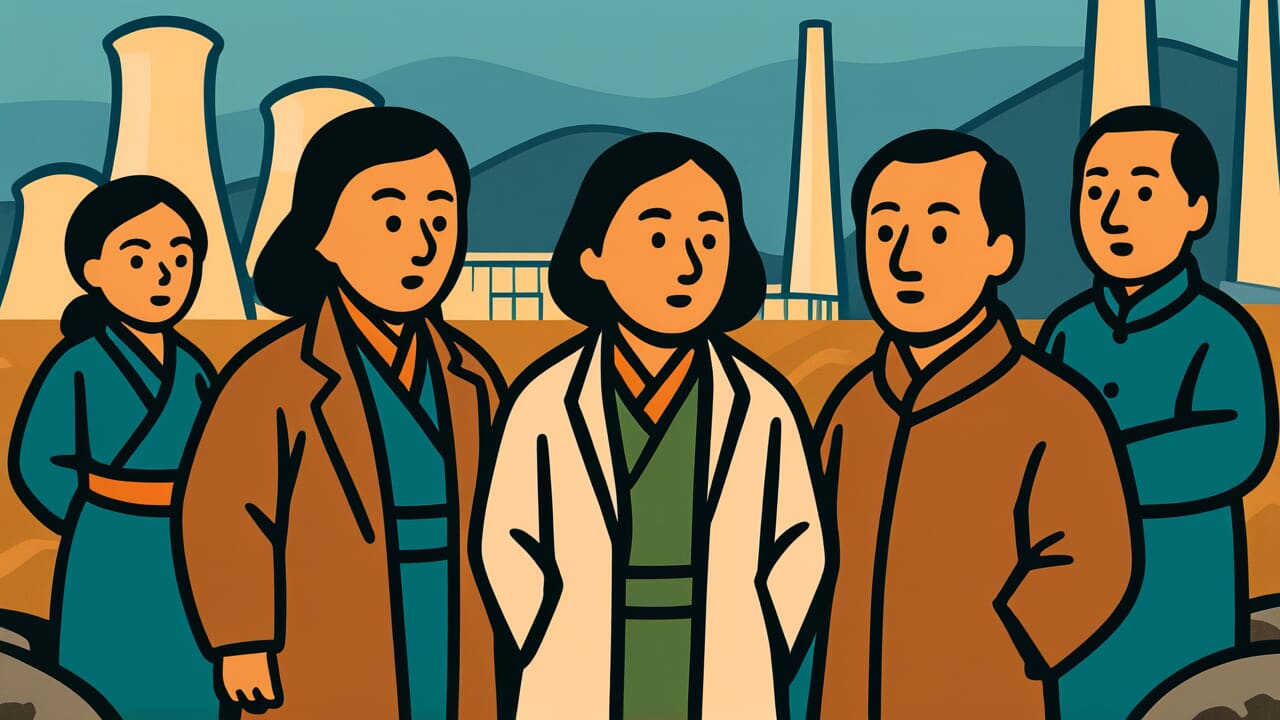[Disclaimer] This article is reconstructed based on information from external sources. Please verify the original source before referring to this content.
News Summary
The following content was published online. A translated summary is presented below. See the source for details.
Villagers in southern Kazakhstan continue to protest against the Chinese-owned Gezhouba Shieli Cement Plant, which has been operating since 2018 despite ongoing environmental concerns. The plant, listed among Kazakhstan’s top 50 companies with the highest harmful emissions, faces opposition from local residents citing pollution issues. However, it remains open due to providing stable employment for about 600 people, 90% of whom are locals. This conflict highlights the tension between economic development driven by foreign investment and local environmental and social concerns. Meanwhile, Kazakhstan is advancing nuclear energy projects with significant Chinese involvement, sparking criticism over environmental risks and geopolitical dependence. In the oil sector, social unrest persists in western Kazakhstan, with protests against foreign companies like Chevron over inequality and labor disputes.
Source: Example News Agency
Our Commentary
Background and Context

Kazakhstan’s relationship with China has been characterized by increasing economic cooperation and strategic partnership. China has become Kazakhstan’s largest trading partner, with bilateral trade reaching record highs in 2025. The Gezhouba Shieli Cement Plant is just one example of Chinese industrial investment in Kazakhstan, which is part of a broader trend of foreign direct investment in the country’s industrial sector.
Expert Analysis
The ongoing protests against the Chinese cement plant reflect a broader tension in Kazakhstan between the desire for economic development and concerns over environmental protection and local autonomy. While the plant provides significant employment, its environmental impact remains a contentious issue. This situation is emblematic of the challenges Kazakhstan faces in balancing its economic relationship with China against domestic concerns.
Key points:
- The Gezhouba Shieli Cement Plant remains operational despite environmental concerns and local opposition.
- Kazakhstan is pursuing further industrial cooperation with China, including in the nuclear energy sector.
- Social unrest in the oil-rich western regions highlights ongoing issues with foreign investment and local benefit distribution.
Additional Data and Fact Reinforcement
Recent statistics and facts about Kazakhstan-China relations and industrial projects:
- China is developing a new cement project in the Aktobe region, scheduled to launch in 2027 with a capacity of 3500 tons per day.
- Kazakhstan chose China to build its third nuclear plant after Russia’s withdrawal from a $2 billion thermal power project.
- Bilateral trade between Kazakhstan and China has reached record highs, with numerous agreements covering various sectors.
Related News
The protests against the cement plant are part of a larger pattern of social and environmental concerns related to foreign investment in Kazakhstan. Similar issues have arisen in the oil sector, where protests against Western companies like Chevron have occurred due to labor disputes and economic inequality. The government’s push for nuclear energy development, including a controversial 2024 referendum, has also faced public opposition and allegations of fraud.
Summary

The ongoing situation with the Chinese cement plant in Kazakhstan exemplifies the complex relationship between foreign investment, economic development, and local concerns. As Kazakhstan continues to strengthen its ties with China and other foreign investors, balancing these interests with environmental protection and social welfare will remain a critical challenge for the country’s leadership and its people.

